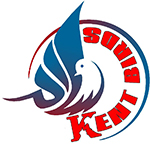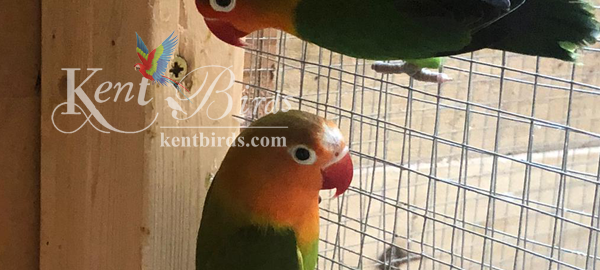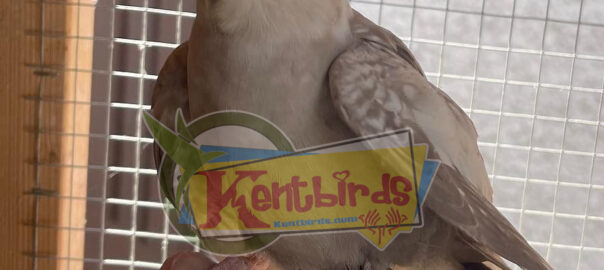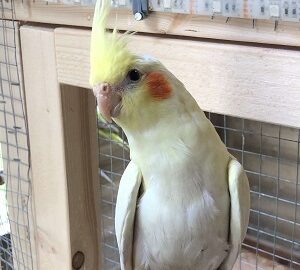1. Most birds can be kept in aviaries or cages. They must all have access to draught and wind free accommodation so outdoor aviaries must have a sheltered area for the birds to retreat to when required. Some of the more exotic species may also require heating in the winter. Birds also require security so cage and aviary design should give them privacy to be on their own, however, they should be trained to allow you full access to the environment for cleaning purposes.You must be the leader of the flock! Cages should be as large as possible and as a bare minimum your bird should always be able to spread its wings.
2. Cages, perches, drinkers and feeders need regular disinfection to prevent the build up of too many germs. We recommend that you use a broad spectrum, bio-degradable disinfectant or cleaner such as Avisafe (Enviroclens). Water is a major source of infection as birds contaminate it so easily. Adding a sanatiser (such as Aviclens (Saniclens)) to the drinking and bathing water stops germs multiplying and so helps prevents disease.
Key products to use to help in these areas:
Avisafe (Enviroclens)
Aviclens (Saniclens)
3. The presence of external parasites in the cages/aviaries or on the birds can cause serious losses – especially to babies. For red mite use Birdy Finect to spray the cages (especially the nooks and crannies). Dust nest sites and birds with Blast-Off Anti Mite. Ivermectin will help with mites like Northern mite that live on the bird.



